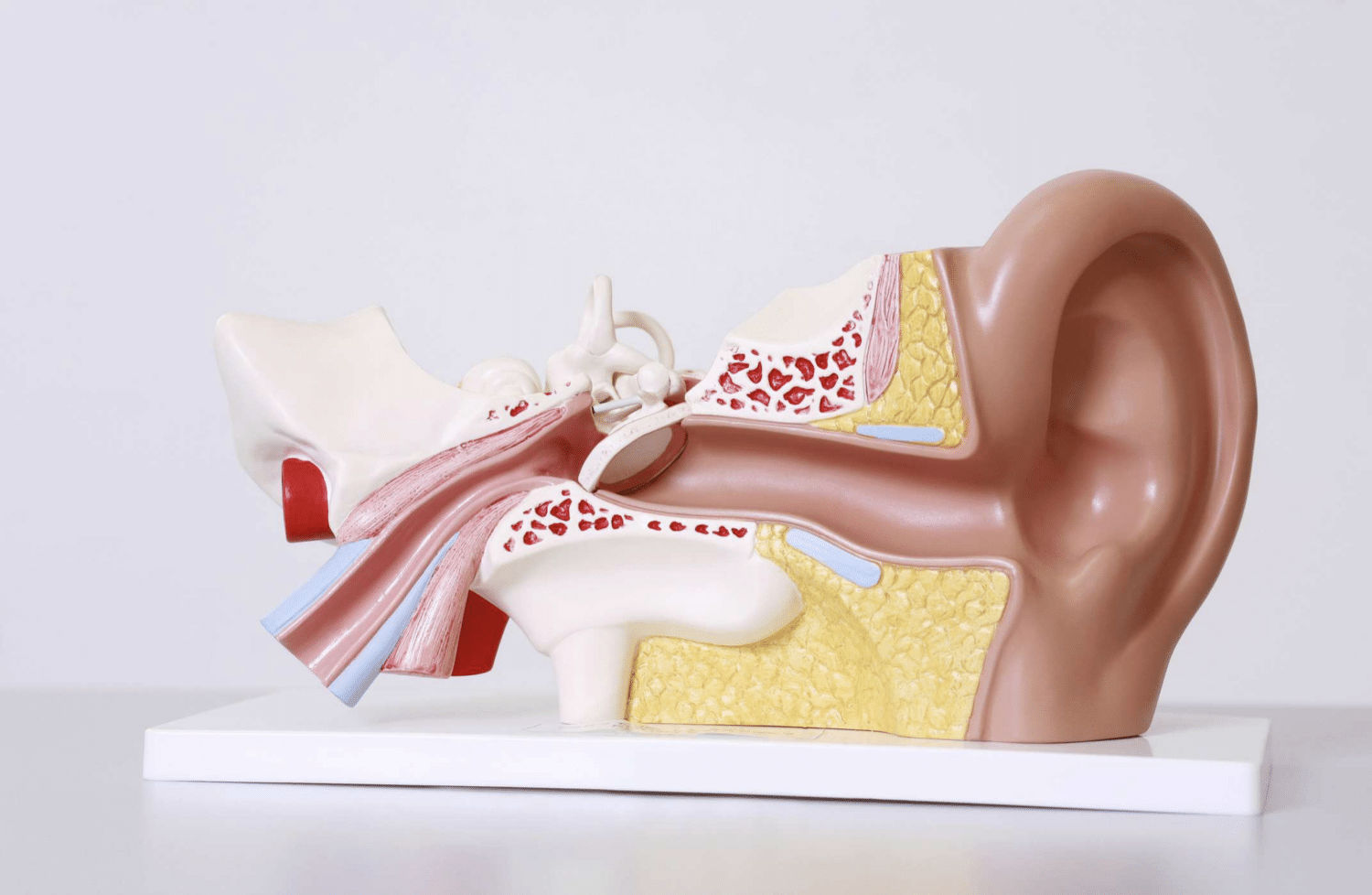The Various Types of Hearing Loss
Hearing loss is a common condition that can affect people of all ages and can be caused by a wide variety of factors, from aging and genetics to injury and disease. For those directly or indirectly grappling with hearing diminishment, understanding the intricate nuances of the various hearing loss types becomes critical in managing their condition effectively. In this comprehensive article, we’ll get into the distinct classifications of hearing loss, its root causes, associated symptoms, and the spectrum of treatments available to manage this sensory challenge.
The Pervasive Impact of Hearing Loss
For those who experience hearing loss, the implications can trickle into many facets of life, affecting not only their ability to communicate effectively but also their interpersonal relationships, professional life, and overall psychological well-being. Hearing loss can lead to social isolation, heightened stress levels, and a decrease in quality of life. Untreated hearing loss may exacerbate cognitive decline, underscoring the urgency of understanding and addressing the issue with timely and effective intervention.
Sensorineural Hearing Loss – The Inner Ear Culprit
Sensorineural hearing loss is the most common type, originating from damage to the inner ear or the auditory nerve. Causes range from natural aging and genetic susceptibility to exposure to loud noises, certain medications, and illnesses. This type of hearing loss is often characterized by a reduced ability to hear quiet sounds, distorted sounds, and difficulty understanding speech, particularly in noisy environments. Treatment typically involves hearing aids augmented with rehabilitation programs aimed at enhancing speech recognition and auditory acuity.
Conductive Hearing Loss – A Middle Ear Malfunction
Conductive hearing loss occurs when there is a problem with the conduction of sound through the outer or middle ear. Common causes include blockages from earwax, ear infections, fluid in the middle ear, and abnormalities or damage to the ear’s structure. Individuals with conductive hearing loss may experience muffled hearing, a feeling of fullness in the ear, and, in some cases, pain or discharge. Treatment for this type of hearing loss can often be medical or surgical, such as removing earwax or repairing a perforated eardrum.
Mixed Hearing Loss – A Blend of Impeded & Inner Ear Issues
When an individual suffers from both sensorineural and conductive hearing loss simultaneously, they are diagnosed with mixed hearing loss. This combination can present complex challenges, affecting different aspects of hearing and requiring a multi-pronged approach for effective management. The sensorineural element may necessitate ongoing use of hearing aids, while the conductive aspect could benefit from surgical intervention or alternative medical therapies.
Sudden Hearing Loss – An Unexpected Deviation
Sudden sensorineural hearing loss is an unanticipated loss of hearing that typically occurs in one ear. Its exact cause is often not identified, although contributors may include viral infections, head trauma, or circulatory system deficiencies. The hallmark symptom is the rapid decline in hearing, which can occur over several hours or days, often accompanied by a feeling of pressure in the affected ear. Treatment for sudden hearing loss includes corticosteroids, which are most effective when administered immediately after the onset of symptoms.
Treatment Options for Auditory Function Deficits
Depending on the type of hearing loss and its severity, various treatments exist to help manage the condition. Hearing aids are often recommended to amplify sound and make speech clearer for patients with sensorineural hearing loss. If hearing aids don’t suffice, cochlear implants may be considered. These devices bypass damaged parts of the inner ear and send signals directly to the auditory nerve.
Conductive hearing loss might require medical treatment like antibiotics for infections or surgical procedures to correct structural issues in the ear. Prompt medical attention is vital for sudden hearing loss – often involving medication to reduce inflammation and improve hearing. Regular checkups and hearing tests are also an essential part of managing hearing health, ensuring that any treatment provided continues to meet individual needs.
It’s important to note that no single treatment plan fits all, and a personalized approach guided by a hearing healthcare professional ensures the most favorable outcomes. An emphasis on hearing health and adopting preventive measures, such as ear protection in noisy environments, can go a long way in warding off preventable hearing loss.
The Crucial Role of Early Detection and Professional Support
The key to successfully managing hearing loss lies in its early detection and intervention. Regular hearing assessments enable healthcare providers to identify issues promptly and tailor the appropriate treatment plan. Seeking professional help at the onset of any hearing difficulties can prevent the problems from worsening and lead to a smoother, more effective therapeutic journey.
For those living with any form of hearing loss, support systems, and resources are available to help them cope and thrive. These may include advocacy groups, counseling, and assistive listening devices that can significantly enhance daily living. By taking a proactive stance and taking advantage of all available support, individuals with hearing challenges can lead fulfilling, engaged lives.
Darr Hearing – Your Spectrum of Support for Hearing Wellness
If you or a loved one is facing hearing loss, you’re not alone. There are many ways to improve your hearing and get back to enjoying life’s sounds and conversations.
At Darr Hearing, our experts offer personalized treatments that take a detailed look at your unique situation. We fit you with top-quality, rechargeable hearing aids that you can try for 30 days, absolutely free – so you can see the difference without risk. Our team goes the extra mile to keep your hearing aids in top shape for free throughout the lifetime of your device’s warranty. Contact the compassionate Darr Hearing team at our hearing care centers in Anderson, Elkhart, or Granger, IN, and let us help you bring back the sounds you’ve been missing.



